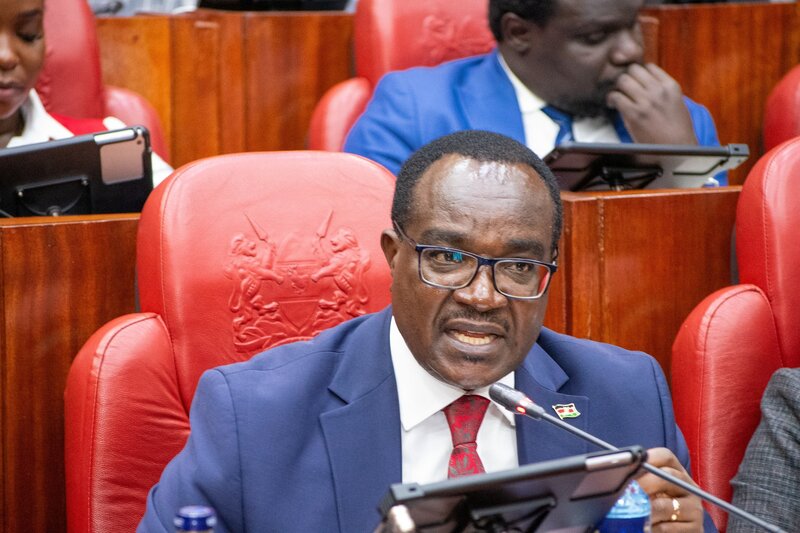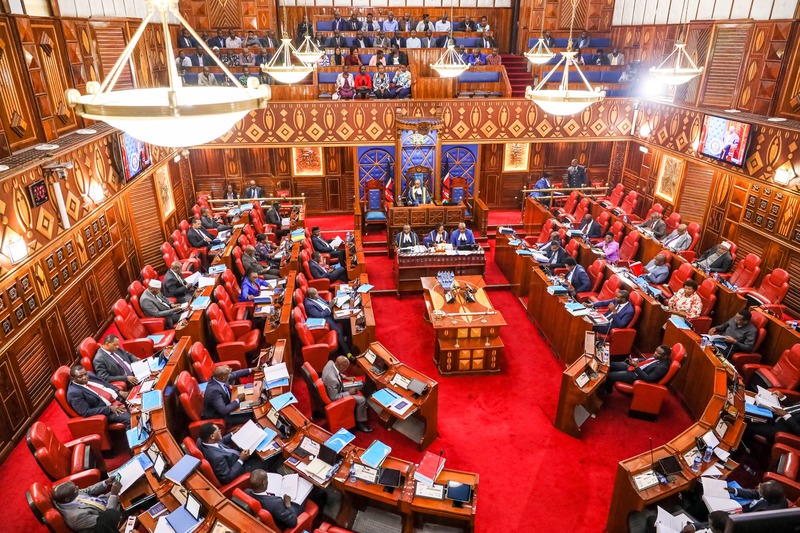Commercial poaching declines by over 90pc in coastal Kenya

Despite the success in curbing trophy poaching, Kala noted the continuing battle against human-wildlife conflict and the illegal transit of wildlife products.
The Kenya Wildlife Service (KWS) has reported that commercial poaching activities along the coast have decreased by more than 90 per cent.
KWS attributed the significant achievement to the relentless efforts of KWS officers and their close collaboration with local communities.
More To Read
- Wildlife traffickers arrested in Laikipia as police seize 18kg of elephant ivory worth Sh3.6 million
- Rescue mission launched to save Masai giraffes trapped by fences in Naivasha
- Rare eastern black rhino calf born in Chyulu Hills, boosting critically endangered population
- Chad cuts ties with Prince Harry's wildlife charity over alleged poaching
- Kenya faces rising human-wildlife conflicts with 255 dead amid habitat loss, poaching
- South Africa starts radioactive isotopes injection to fight rhino poaching
The Senior Assistant Director of KWS, Adan Kala highlighted the success of their operations.
"Communities living alongside wildlife occasionally kill herbivores for food. This issue is more widespread than commercial poaching, and although the targeted species are smaller, such as antelopes, they are crucial to our ecological system. We are putting in the same level of effort to eradicate bushmeat hunting as we did with commercial poaching," Kala explained.
Despite the success in curbing trophy poaching, Kala noted the continuing battle against human-wildlife conflict and the illegal transit of wildlife products.
"Kenya is a key transit hub for illegal wildlife goods from Central and Southern Africa. We are working tirelessly to manage these issues at entry points like Mombasa Airport and Jomo Kenyatta International Airport," he added.
 KWS rangers entertain residents during community engagement awareness. Photo: Farhiya Hussein
KWS rangers entertain residents during community engagement awareness. Photo: Farhiya Hussein
Local communities have played a pivotal role in the success of anti-poaching efforts. Dhulkifl Ahmed, a ranger, commented, "We patrol with KWS, and where turtles were previously killed in large numbers, our community education efforts have led to their protection and conservation."
Investor Ricardo Lenzi stressed the importance of community support in protecting Kenya's natural resources.
"The community needs to support Kenya's natural resources. If not, economic activities, including older restaurants and safari camps, will suffer. We must start education from schools and involve employers to explain the consequences of neglect," Lenzi urged.
Athman Abdala, a village elder from Watamu, shared his perspective on the community's role. "We work to keep the ocean clean, protecting animals like turtles from dying after ingesting plastic. We also safeguard dolphins and whale sharks. Our support for KWS in conservation and anti-poaching efforts has significantly reduced the problem in the Indian Ocean," Abdala stated.
The residents of Watamu in Kilifi County have praised their cooperative efforts with KWS, which have led to significant improvements in wildlife conservation and the reduction of rampant poaching.
Top Stories Today













































